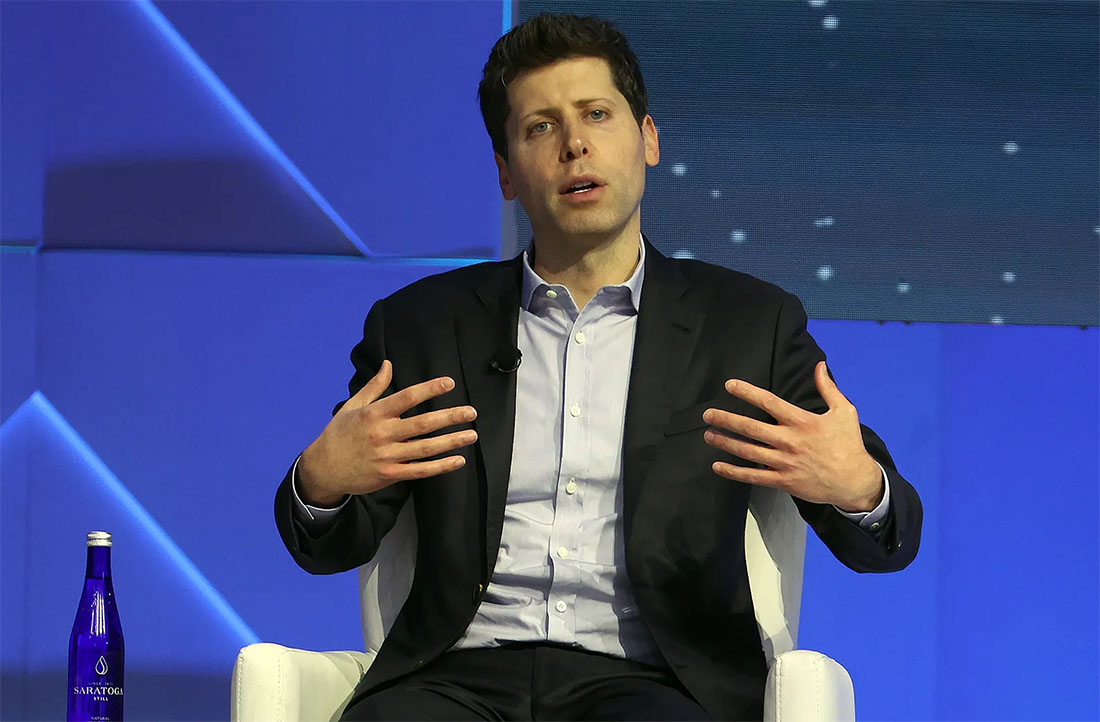
"OpenAI was founded as a nonprofit, is today a nonprofit that oversees and controls the for-profit, and going forward will remain a nonprofit that oversees and controls the for-profit. That will not change," CEO Sam Altman announced in a May 2025 memo to employees.
This decision follows discussions with the Attorneys General of California and Delaware, who have oversight of OpenAI's nonprofit status. The restructuring had faced mounting opposition, including a high-profile lawsuit from co-founder Elon Musk, who alleged the company was straying from its founding mission.
OpenAI's commercial subsidiary will transition from a capped-profit structure to a Public Benefit Corporation (PBC), similar to competitors Anthropic and xAI. This shift eliminates the previous 100x cap on investor returns.
"Instead of our current complex capped-profit structure—which made sense when it looked like there might be one dominant AGI effort but doesn't in a world of many great AGI companies—we are moving to a normal capital structure where everyone has stock," Altman explained.
The nonprofit board will receive a substantial equity stake in the PBC subsidiary, which spokesperson Steve Sharpe indicates will grow as the company's valuation increases. This arrangement aims to fund OpenAI's ambitious goals while maintaining its original mission.
Altman emphasized the financial demands ahead: "OpenAI will need hundreds of billions of dollars and may eventually require trillions of dollars" to bring its services to "all of humanity."
Questions remain about the specifics of this restructuring. Page Hedley, OpenAI's former policy and ethics adviser, voiced concern: "Will OpenAI's commercial goals continue to be legally subordinate to its charitable mission? Who will own the technology that OpenAI develops?"
OpenAI's vision has evolved substantially from its founding days. "We now see a way for AGI to directly empower everyone as the most capable tool in human history," Altman wrote, adding, "We want to build a brain for the world and make it super easy for people to use for whatever they want."
The company's $40 billion funding round led by SoftBank at a $300 billion valuation will reportedly proceed despite these changes. According to Altman, this compromise works "well enough for investors that they're happy to continue to fund us to a degree we think we will need."
![]()
















